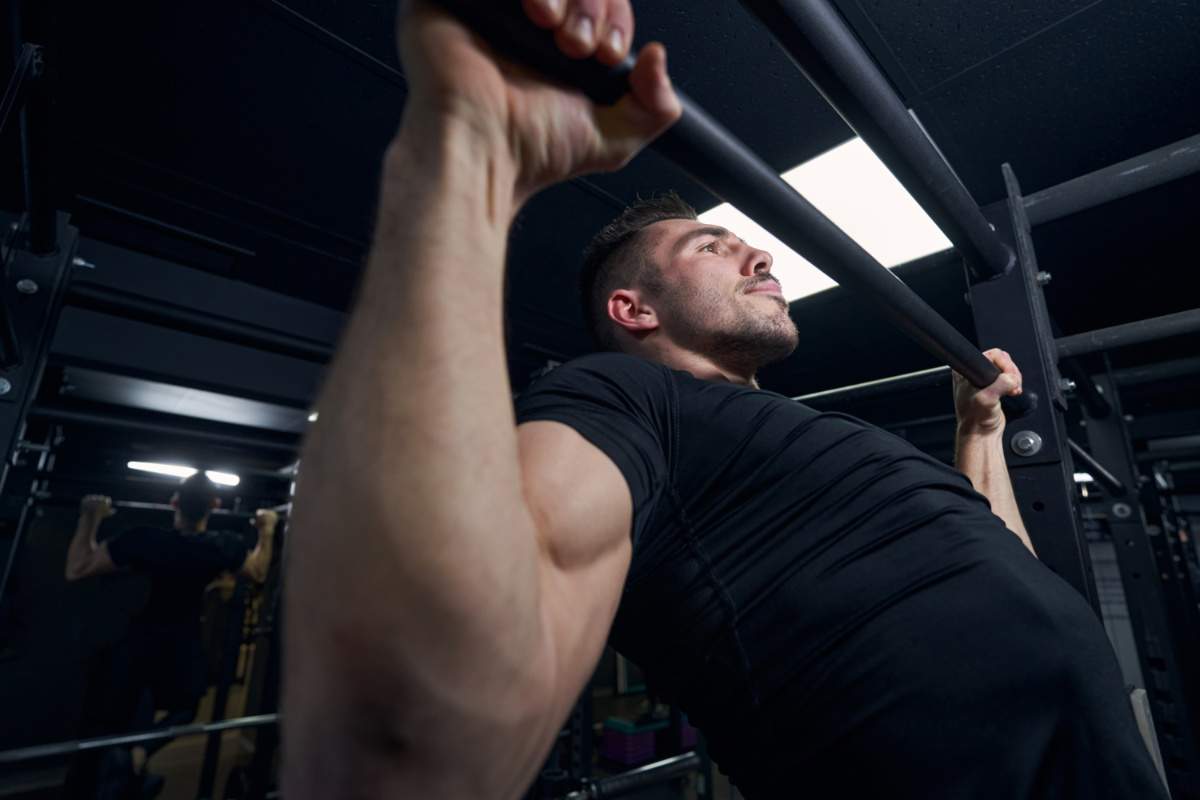Just had a baby and itching to get back to running? Hold up.
Your body just did something incredible. It needs time to recover properly.
Here’s what every new mum needs to know about returning to running safely.
The Reality Check
Pregnancy and childbirth change everything. Your joints, muscles, and core aren’t the same.
Those Instagram mums running marathons 6 weeks postpartum? They’re the exception, not the rule.
Most women need 3-6 months before serious running. Some need longer.
What Actually Happens During Pregnancy
Hormonal Changes
Relaxin hormone softens ligaments for 5+ months after birth. Your joints stay unstable long after delivery.
Core Weakness
Abdominal muscles stretch and separate. Your natural “weight belt” is compromised.
Pelvic Floor Changes
These muscles support your organs. They’ve been under pressure for months.
Posture Shifts
Growing belly changes your center of gravity. These patterns don’t disappear overnight.
The 6-Week Myth
Doctors clear you for “exercise” at 6 weeks. This doesn’t mean high-impact running.
Walking? Yes. Swimming? Usually. Running? Not necessarily.
That clearance is for basic movement, not intense training.
Signs You’re Not Ready
Leaking Urine
Even small amounts during coughing or sneezing. Your pelvic floor isn’t ready for running impact.
Back Pain
Your core can’t support your spine properly yet.
Joint Pain
Knees, hips, or ankles aching? Relaxin is still affecting your stability.
Extreme Fatigue
Sleep deprivation plus physical recovery equals injury risk.
Doming or Coning
Abdominal muscles bulging during movement. Sign of diastasis rection.
The Safe Return Protocol
Weeks 1-6: Foundation
- Walking only
- Gentle stretching
- Basic breathing exercises
- Pelvic floor activation
Weeks 6-12: Building
- Longer walks
- Light strength training
- Core rehabilitation
- Posture correction
Weeks 12-16: Preparation
- Walk-run intervals
- Dynamic movements
- Functional strength
- Impact preparation
Week 16+: Return
- Gradual running progression
- Listen to your body
- Professional guidance
The Melbourne Mum Reality
Our South Melbourne personal trainers work with new mums regularly. The pressure to “bounce back” is real.
Social media doesn’t help. Everyone else looks like they’re crushing it.
Your timeline is your timeline. Comparison steals joy and causes injuries.
C-Section Considerations
Surgical recovery adds complexity. You’ve had major abdominal surgery.
Additional Healing Time
Scar tissue needs to mature. Internal healing takes months.
Core Compromise
Abdominal muscles were cut. They need specific rehabilitation.
Movement Restrictions
No lifting, twisting, or high impact for longer periods.
Most C-section mums need 4-6 months before serious running consideration.
The Pelvic Floor Priority
This is the foundation everything else builds on. Ignore it at your peril.
What It Does
Supports bladder, bowel, and uterus. Controls continence. Provides core stability.
What Pregnancy Does
Stretches and weakens these muscles. Sometimes causes prolapse.
Why It Matters for Running
Every footstrike creates downward pressure. Weak pelvic floor can’t handle it.
Professional Assessment
See a women’s health physiotherapist before returning to running. Not optional.
They’ll assess:
- Pelvic floor function
- Abdominal separation
- Posture and alignment
- Movement patterns
- Readiness for impact
Our personal trainers work closely with these specialists across Melbourne.
The Gradual Return Plan
Phase 1: Walking Base
Build up to 45-60 minutes continuous walking without fatigue.
Phase 2: Dynamic Movement
Add jumping jacks, step-ups, and lateral movements. No leaking or pain.
Phase 3: Short Intervals
30 seconds running, 90 seconds walking. Start with 10 minutes total.
Phase 4: Build Duration
Gradually increase running portions. Decrease walking recovery.
Phase 5: Continuous Running
Only when you can run 20 minutes without stopping or symptoms.
Common Mistakes
Mistake 1: Too Much, Too Soon
Enthusiasm outpaces physical readiness. Recipe for injury.
Mistake 2: Ignoring Symptoms
“It’s just a little leaking.” No. Address issues before they worsen.
Mistake 3: Comparing to Pre-Pregnancy
Your body is different now. Accept and adapt.
Mistake 4: Skipping Strength Work
Running without rebuilding strength invites problems.
The Strength Foundation
Before returning to running, you need:
Core Stability
Deep abdominal muscles working properly. Not just surface six-pack muscles.
Glute Strength
Pregnancy weakens these crucial running muscles. Hip stability depends on them.
Pelvic Floor Control
Ability to contract and relax on command. Functional, not just strong.
Postural Muscles
Months of altered posture need correction.
Location-Specific Considerations
Prahran Parks
Great for walking progression. Soft surfaces easier on joints.
St Kilda Beach
Sand running is higher impact. Save for later in return process.
Port Melbourne Paths
Flat, predictable surfaces good for early running intervals.
Williamstown Trails
Varied terrain challenges stability. Progress to these gradually.
The Mental Game
Physical readiness is only part of the equation. Mental preparation matters too.
Sleep Deprivation
Affects coordination, reaction time, and decision-making. All crucial for safe running.
Stress Levels
New motherhood is stressful. High cortisol impairs recovery and increases injury risk.
Realistic Expectations
You won’t pick up where you left off. That’s normal and okay.
Breastfeeding Considerations
Hydration Needs
Increased fluid requirements. Dehydration affects milk supply and performance.
Nutritional Demands
Your body needs extra calories. Under-eating compromises recovery.
Breast Support
Proper sports bra essential. Breast tissue changes during breastfeeding.
Timing
Running after feeding more comfortable than with full breasts.
When to Seek Help
Persistent Pain
Any ongoing discomfort needs professional assessment.
Incontinence Issues
Leaking urine isn’t normal or something to “just deal with.”
Extreme Fatigue
Beyond normal new parent tiredness. Could indicate other issues.
Mood Changes
Postpartum depression affects 1 in 7 women. Exercise can help but isn’t a cure.
The Support System
Partner Support
Need someone to watch baby while you exercise. Communication is key.
Mum Groups
Connect with other new mums. Shared experiences and accountability.
Professional Team
GP, physiotherapist, and qualified trainer. Don’t go it alone.
Alternative Options
Not ready for running yet? Try:
Mobile personal training
Trainer comes to you. Work around baby’s schedule.
Postnatal Classes
Specifically designed for new mums. Appropriate progressions.
Swimming
Low impact, full body workout. Great for early return to exercise.
Walking Groups
Social and active. Baby can come along in pram.
The Long View
Your running career isn’t over. It’s just paused while your body recovers.
Many women return stronger than before pregnancy. But it takes time and patience.
Focus on building a sustainable foundation rather than rushing back.
Your Action Plan
- Get medical clearance
- See women’s health physiotherapist
- Start with walking base
- Add strength training
- Progress gradually to running
- Listen to your body always
- Seek support when needed
Getting Started
Ready to begin your safe return to running? Book a consultation with our postnatal specialists.
Our services include programs specifically designed for new mums returning to exercise.
Looking for postnatal support? Our experienced trainers understand the unique challenges new mums face. We work with women’s health professionals to ensure safe, effective returns to fitness. Check out our 6-week reset program adapted for postnatal recovery.


